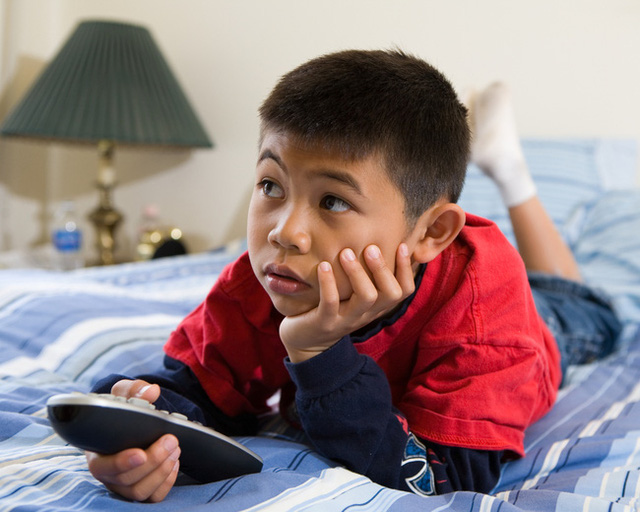How to Talk to Children about Traumatic Events
How to Talk to Children about Traumatic Events – Author: Lianna Champ
Children learn their coping mechanisms from the adults around them – they may not always hear what the adults are saying, but they will always watch what they do. If you panic or struggle following a disaster event, the chances are your child will too – it is learned behaviour.
Keep Routines Familiar
The way we teach children how to cope with traumatic events in childhood sets a pattern for the rest of their lives. Life is not a series of happy moments and is always interspersed with traumas.
Therefore it is important to keep our behaviours and routines as familiar as possible in the face of adversity to help give our children a feeling of safety. We can teach them to embrace all life experiences – good, bad, happy or sad – as they arise.
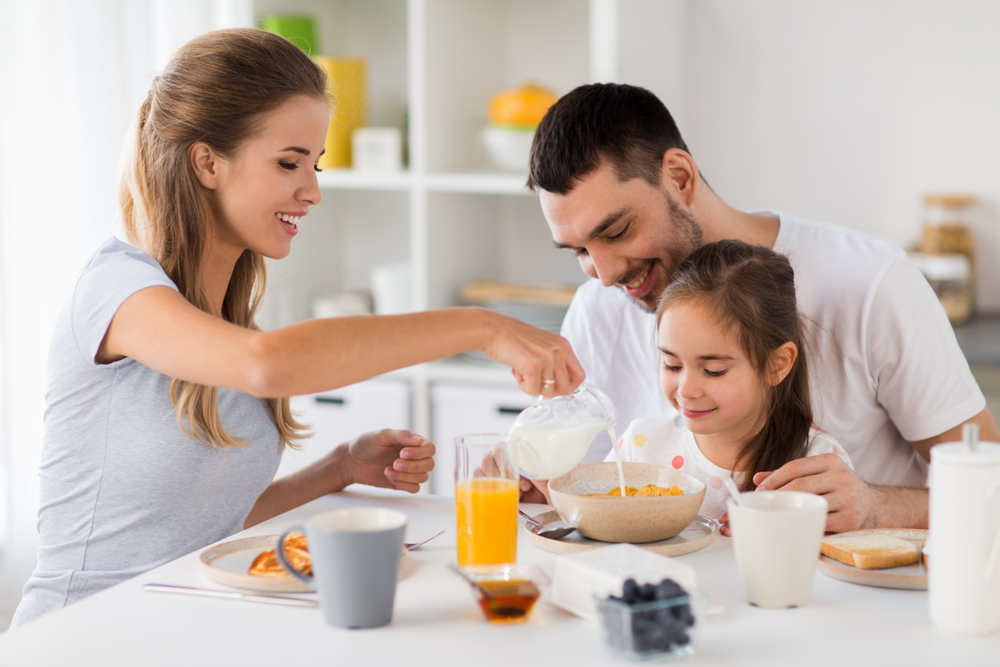
We can’t always control what is happening around us, but by making good and correct choices we can live in such a way that if our lives are impacted by trauma, we are working from a stronger position to absorb the shock and find a sense of balance.
Don’t Underestimate Their Understanding
Children understand loss – they see dead flies on a window bottom, a dead bird in the garden, even their heroes die in cartoons. Sometimes we do not give them enough credit for their capacity to understand negative happenings.
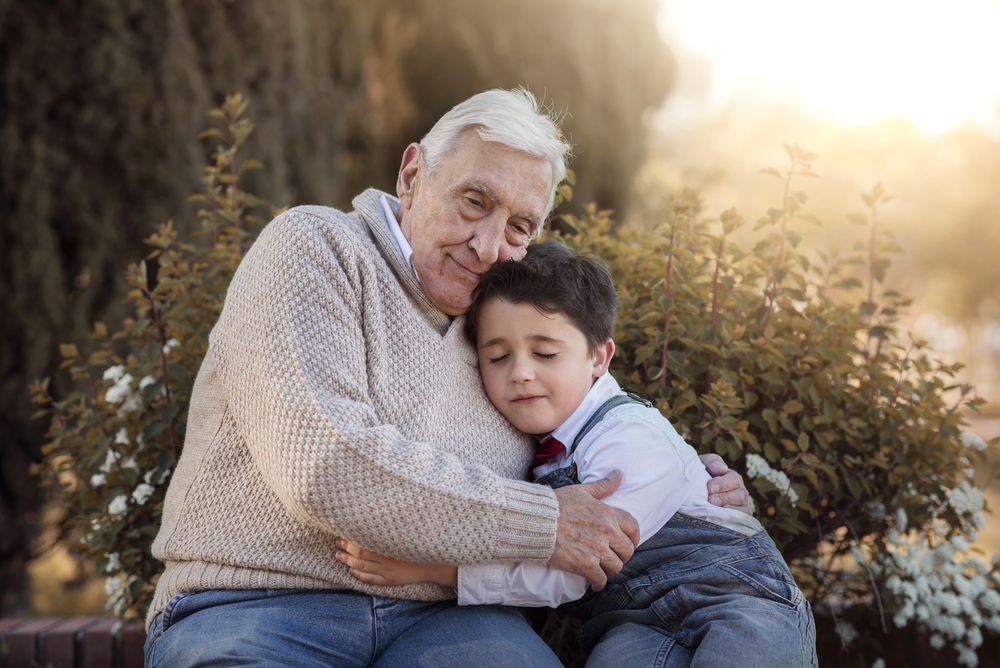
As parents, it is absolutely natural for us to want to shield our children from exposure to the awful things out there, but they happen and are often out of our control.
Don’t Compare Your Own Feelings to Theirs
When something tragic is reported, create a safe space where you can share your feelings about the event. You go first and be honest about how you feel. Let your child know that they can say what they want without interruption.
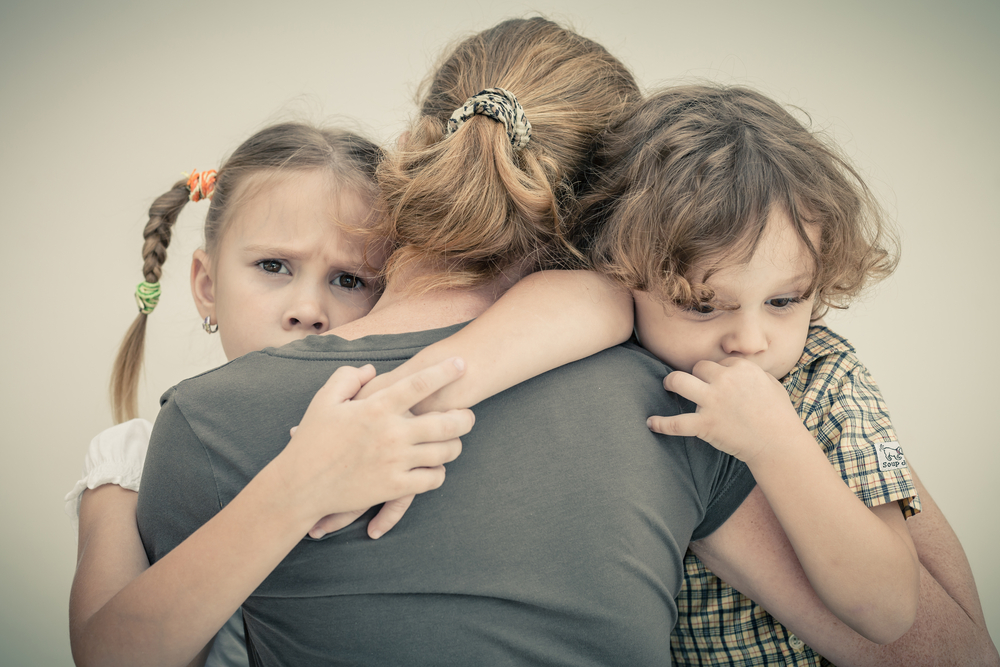
Explain that we all experience things differently so they may feel differently to you. Comparisons just minimise the importance of their feelings if they don’t match yours. Remember children are still learning and are desperate to fit in. Allowing them to express their own reactions without comparisons will give them emotional confidence.
By accepting and experiencing all life events as they occur, focussing on the good which so often follows disaster – a sense of community; expressions of love; caring actions, we can teach our children to live fully and meaningfully processing emotional events practically as they arise.
We must also balance the scales – without the threats out there, there would be no value to life or thought of personal safety.
Don’t Get Obsessed with The News
Don’t keep running the news as this can keep events very fresh and real. Keep in mind that the media can hold a tragic event in the news for ages. Repeated reporting of an anniversary of trauma can make it feel as if it’s happening again and again, sometimes bringing events from the other side of the world right in front of us.
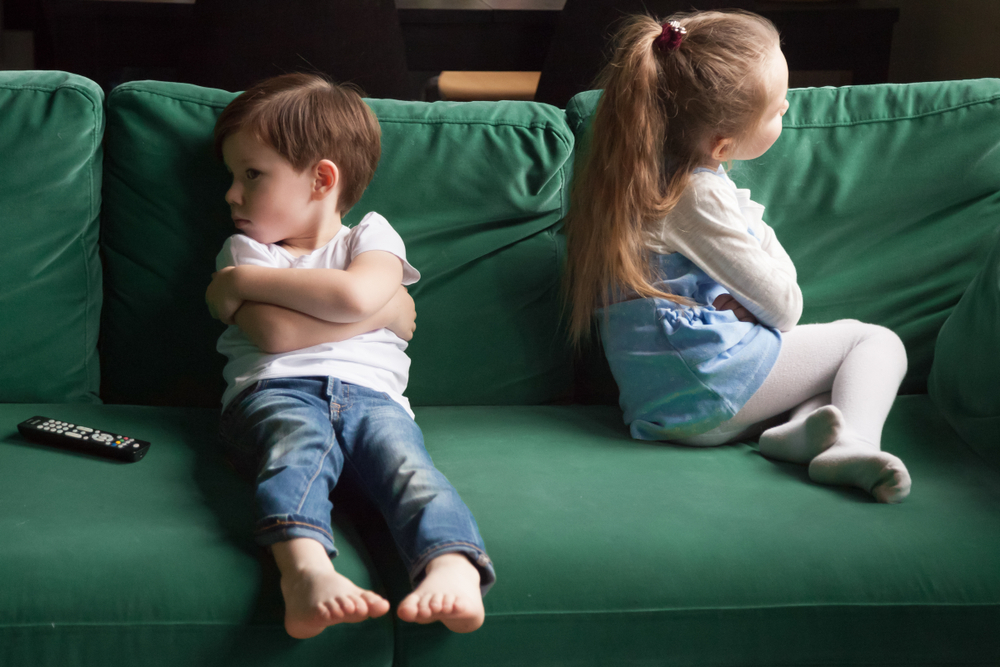
The internet and the speed at which news travels visually and auditory has made the world feel like a very small place indeed. Keep the scale of reality – the world population at this date is approximately 7.6 billion. Yes, we see disasters but we can also see many good and great things happening. Everything needs a balance.
If we teach our children to be more aware of what is happening around them and not walk around with their faces and brains directed at their mobiles phone, they can then see if something looks unusual or out of the ordinary and can act accordingly, giving them some semblance of control. This is called living in the present moment!
How to Talk to Children about Traumatic Events by Lianna Champ
